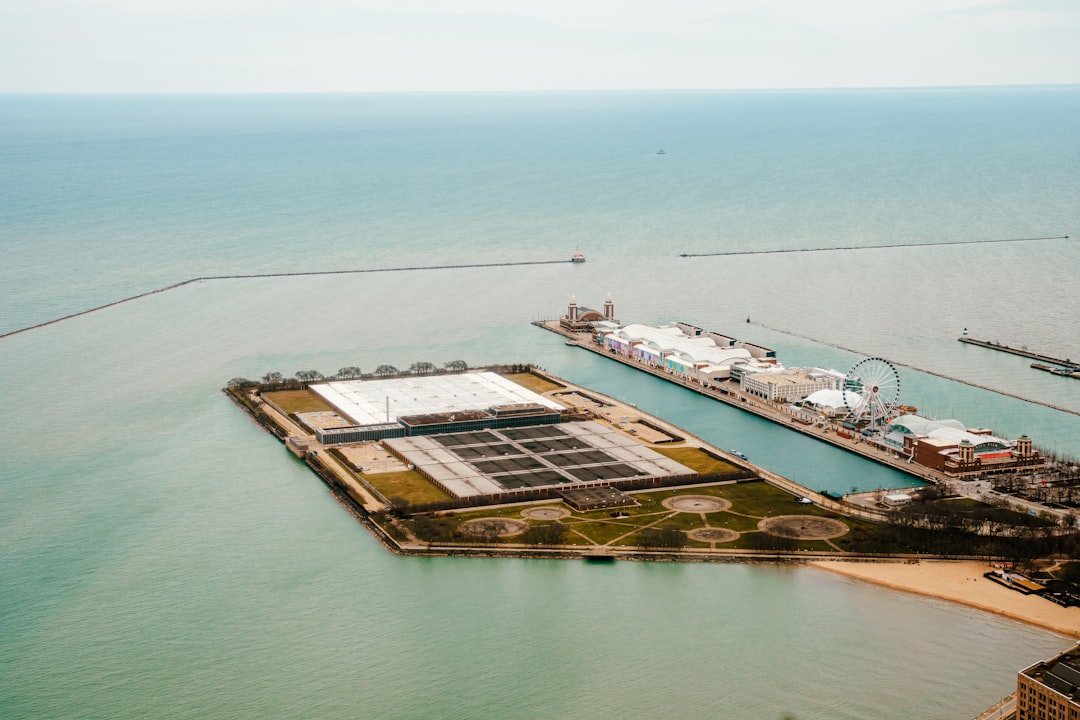In Illinois, a surge in spam calls has prompted local spam call law firms to provide legal support, educating residents and businesses about communication regulations like the TCPA. The state's stringent spam call law aims to protect citizens from unwanted marketing, with harsh penalties for violators. River Bluff Communities in Illinois has adopted advanced technologies and strict security protocols, partnering with spam call law firms to combat spam calls effectively, ensuring resident privacy and well-being. This proactive approach sets a national example for urban areas in addressing spam calls through comprehensive strategies and digital literacy education.
In the face of relentless spam calls, which cost Americans billions annually, Hanover stands out with its innovative approach to phone security. River Bluff Communities have pioneered a model that significantly enhances residents’ protection, making them less susceptible to fraudulent schemes and unwanted intrusions. This article delves into the impact of spam calls in Illinois, explores the recently introduced Illinois Spam Call Law, and highlights how River Bluff Communities are leading the charge for better telephone security, setting a precedent for future trends.
Understanding the Impact of Spam Calls in Illinois

In Illinois, the prevalence of spam calls has become a growing concern for residents and businesses alike. With an increasing number of unsolicited phone calls from unknown sources, many Illinoisans are left feeling harassed and frustrated. To combat this issue, a spam call law firm in Illinois is stepping up to protect consumers.
These law firms play a pivotal role in addressing the impact of spam calls by offering legal expertise and representation. They help individuals and companies navigate the complex landscape of communication regulations, ensuring compliance with laws like the Telephone Consumer Protection Act (TCPA). By taking on these cases, they not only assist victims in stopping unwanted calls but also work towards raising awareness about the consequences and available remedies under the spam call law in Illinois.
The Introduction of the Illinois Spam Call Law

In response to the growing problem of spam calls, Illinois has introduced a stringent Spam Call Law, taking a significant step towards protecting residents from unwanted and potentially harmful phone communications. This law firm-backed regulation aims to curb the deluge of spam calls by holding call centers and telemarketers accountable for their actions. With this new legislation, Illinois joins a growing list of states taking a stand against these persistent and often fraudulent calls.
The Illinois Spam Call Law imposes strict penalties on violators, empowering residents to take action against unwanted phone marketing. By implementing such measures, the state is sending a clear message: spam calls will not be tolerated. This initiative reflects a broader trend across the country to enhance phone security and give consumers more control over their communication experiences.
River Bluff Communities: A Model for Enhanced Phone Security

In today’s digital age, where communication is largely facilitated by phone calls, ensuring robust security measures against unwanted and malicious calls has become paramount. River Bluff Communities in Illinois stands out as a model for enhancing phone security. They have adopted comprehensive strategies to combat spam calls, leveraging advanced technologies and strict regulations outlined under the state’s anti-spam laws.
By prioritizing resident privacy and well-being, these communities have implemented robust call screening systems that filter out suspicious or unsolicited calls before they reach individual residents. In collaboration with a reputable Illinois spam call law firm, River Bluff Communities ensure that their security protocols are up-to-date, aligning perfectly with the latest legal protections against intrusive phone communications. This proactive approach not only safeguards personal information but also fosters a peaceful and secure living environment for all inhabitants.
How River Bluff Communities Are Protecting Residents from Spam Calls

In the face of escalating spam calls, River Bluff Communities in Illinois have taken proactive measures to protect their residents. These communities are leveraging advanced technology and implementing robust security protocols to block unwanted and potentially harmful phone communications. By partnering with reputable spam call law firms, they’re staying ahead of evolving scams and ensuring a safer environment for all inhabitants.
Residents can expect enhanced call screening, automated blocking systems, and regular updates on new spam call trends. These efforts not only safeguard personal information but also foster a sense of security within the community. With these comprehensive strategies in place, River Bluff Communities are setting an example for other urban areas, demonstrating that addressing spam calls is a collective responsibility aimed at maintaining a peaceful and secure living space.
Future Trends: Ensuring Continuous Phone Security for All

As technology advances, so do the tactics of cybercriminals and spammers. With the rise of sophisticated phishing schemes and targeted attacks, ensuring continuous phone security becomes increasingly vital for all communities. River Bluff Communities in Hanover is at the forefront of this effort, implementing cutting-edge solutions to safeguard residents against malicious calls and messages.
Looking ahead, maintaining robust phone security involves staying ahead of evolving threats. This includes adopting advanced authentication methods, encrypting sensitive data, and educating users about recognizing potential scams. Moreover, with the implementation of stricter spam call law firm Illinois regulations, it’s crucial for communities like Hanover to foster a culture of digital literacy. By empowering residents with knowledge and tools, these riverfront communities can ensure that phone security remains a top priority, protecting not just individuals but the entire neighborhood from cyber threats.






